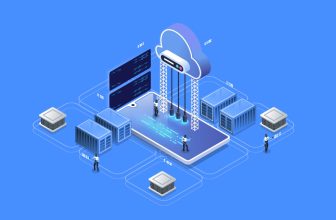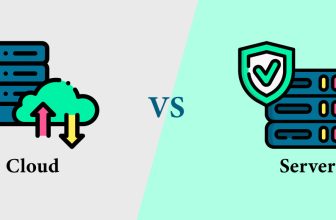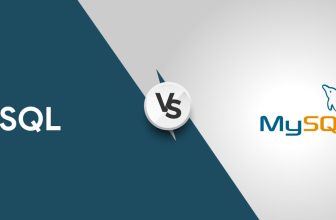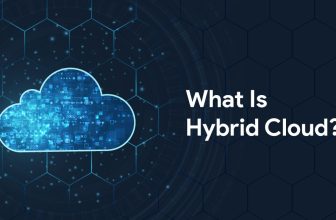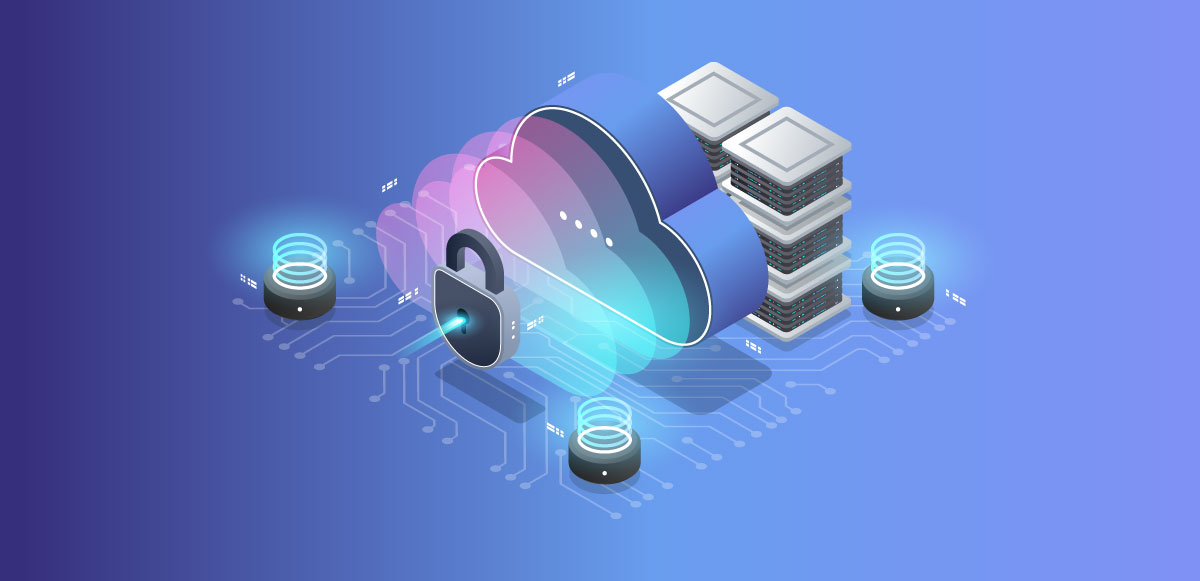
Suppose you have predictable resource demands and need dedicated resources for your hosting environment with unsurpassable security and data control features. In that case, private cloud computing is a non-negotiable requirement for your business. So, what is a private cloud? We will know here.
Definition of Private Cloud
Private clouds originated to curb the shortcomings of the public cloud and replicate cloud computing on internal infrastructure. It is a dedicated cloud computing environment for single-tenant users with customized resources specific to each user or organization. You are not required to manage hardware, and it gives you supreme flexibility and security. You can choose to host it on-premises, off-site, or on a cloud provider’s infrastructure.
The private cloud generally leverages virtualization technology to deploy hardware resources for the dedicated cloud environment effectively. The hosting of private cloud infrastructure either happens internally, via a private cloud provider, or at a colocation facility.
The private cloud infrastructure aggregates resources into a single pool with the help of virtualization technology. Software-defined networking (SDN) and virtual machines (VMs) support Virtualization.
Advantages of Private Cloud
There are numerous advantages of incorporating a private cloud for your business.
Security: The private cloud infrastructure offers better security protocols to safeguard your business against unprecedented data breaches. These are equally necessary to adopt a proactive approach to disaster recovery and compliance. It allows you to maintain compliance with better access control and retention policies.
Cost: With a private cloud, you can look forward to better long-term cost savings than the public cloud. It contributes to better management and reduced expenses. Moreover, the expenditure is predictable with minimal fluctuation as per usage or data movement.
Customization: You can tailor-build the private cloud architecture according to your specific technology and business requirements. You can choose the hosting model to suit your end needs.
Control: Within private cloud architecture, you can avoid multi-tenant interference while enjoying visibility over your data and infrastructure. In such cases, resource utilization significantly improves. Accordingly, you can also pitch for application modernization to transition from legacy workloads.
Types of Private Cloud:
There are multiple types of private clouds.
Hosted Private Cloud: It allows you to run off-premise cloud environments on a third-party provider’s servers. It gives you high availability and flexible computing.
Virtual Private Cloud (VPC): It makes use of virtualization that takes place in a multi-tenant public cloud infrastructure. Hence, you can enjoy private resources and isolation for workloads.
On-premises Private Cloud: These include cloud environments that you host internally in your data center. Your IT team looks after their operations.
Managed Private Cloud: It can be either on- or off-premises. However, it is a single-tenant environment; a third-party team of dedicated IT experts manage it.
Private Cloud vs. Public Cloud vs. Hybrid Cloud
Private Cloud: These are single-tenant environments that accumulate dedicated resources for a single user or organization. It is hosted either on- or off-premises. It offers you predictable costs, improved security, and better control.

Public Cloud: These are multi-tenant environments where multiple users share resources among them. A third-party provider owns and operates it, offering you pay-as-you-go pricing.

Hybrid Cloud: The feature-rich hybrid cloud infrastructure combines the efficacy of both private and public clouds. Hence, it gives you dynamic workload management capabilities. It is good for businesses that have changing performance and data privacy requirements.

Private Cloud Storage:
Private cloud offers scalable storage resources with multiple options, such as block, object, or file storage. It is dedicated to a single user so that you can maintain security of your data.
Hence, over the years, private cloud infrastructure has evolved into an optimal solution for businesses to pursue better productivity and improve performance.



